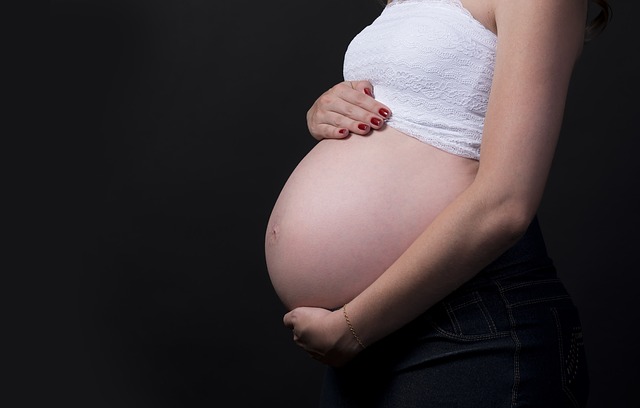
I am sure at some point, as a woman considering pregnancy, you have wondered if there is a way to “predict” your future fertility. Many women are delaying pregnancy and the first births for women 35 years old and older are steadily increasing, particularly in developed countries. If you are not quite ready for pregnancy right now, what chance do you have to have a successful conception in the future?
The Hope of a Fertility Crystal Ball
Many women who are considering their first pregnancies or subsequent pregnancy want a fertility “assessment” so that they know what their “deadline” is to have children. While there are several “tests” of hormones in your body that your doctor may order to give you this fertility assessment, realistically, fertility is not predictable. There actually is no fertility crystal ball!
Women are born with all their eggs in their body. Every menstrual cycle, ovulation occurs and one or more of the eggs is released from the ovary, reducing the number of eggs on reserve with each cycle. The genetic quality of a woman’s eggs also steadily declines, and these combined factors cause an age-related decrease in fertility at around 32 years old. However, this does not mean it’s not possible to conceive after this age.
As a gynecologist, I face fertility questions frequently from my patients, and there is quite a bit of confusing and misleading information about it on the internet, so I decided to bring this topic to light here.
Types of Fertility Assessments
A doctor can order many blood tests as part of a fertility assessment but they are really utilized to assess how the ovaries might respond to stimulation — as fertility medications would do. The common tests used to assess “ovarian reserve,” which is the functional ability of the ovary and number/quality of eggs, are
- follicle stimulating hormone (FSH),
- anti-Mullerian hormone (AMH),
- antral follicle count using pelvic ultrasonography,
- and lastly a Clomid challenge test.
FSH is tested on day 3 or 10 of your cycle and if greater than 10, the chance of spontaneous pregnancy is low and if greater than 15, the chance of successful ovarian stimulation with medication is low.
AMH test value of less than 1.1 ng/ml or antral follicle count on ultrasonography less than 5, chance of successful ovarian stimulation is low as well.
Finally, the Clomid challenge test is where your doctor gives you a basic infertility medication to stimulate your ovaries and tests hormone levels to measure response. It can also help assess how your ovaries may respond to fertility medication.
But none of these measure future fertility. They are all tests that really should be reserved for women age 40 or older trying to conceive or women who have tried for 6 months without successful conception as an assessment by their gynecologist to decide whether referral to an infertility specialist is warranted.
Best Indicators of Fertility
Your “deadline” really needs to be set by you, to decide what is the best time in your life to welcome a baby who will require a lifetime commitment of nurturing. If you want to preserve your fertility in the current moment, the only option for this is egg freezing. This requires that your eggs be used for IVF conception in the future and this is performed by an infertility specialist.
So, even though it may be stressful to not have a fertility crystal ball, I recommend you visit your gynecologist yearly to assess your overall health and ovarian health based on your menstrual pattern, which is actually the most important factor. I also recommend a preconception visit to optimize health before conception and get guidance from your gynecologist on important factors to help you conceive. My advice to my patients is that we should not try to predict conceivability, rather once they feel ready to have a pregnancy, they should try to conceive and that is the best way to assess fertility!
Do you have other questions for Dr. Maayah? Leave them in the comments or submit them anonymously through our Mommy SOS portal. We’ll cover new questions in future posts!
 Dr. Susan Maayah
Dr. Susan Maayah
Dr. Maayah is a board-certified OB/GYN at Sutter Pacific Medical Foundation Group. She has been in practice as an OB/GYN for over 12 years. She has a strong clinical focus on gynecology and minimally invasive GYN surgery. Her career goal is treating women from adolescence to geriatric age, from menarche through pregnancy and menopause, to be an advocate for focus in improving the health and female well-being of her patients. She is accepting new patients and welcomes you to visit her for an appointment.















